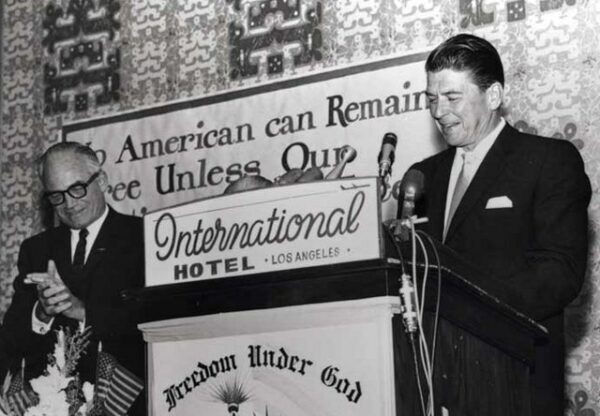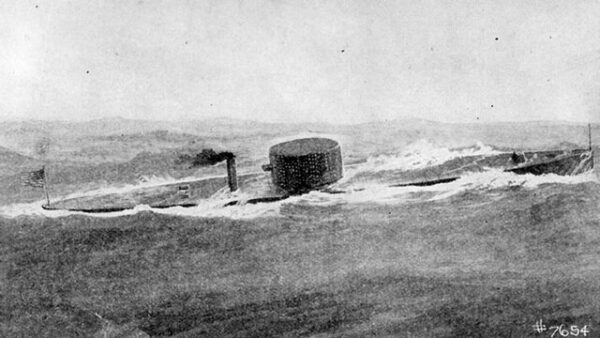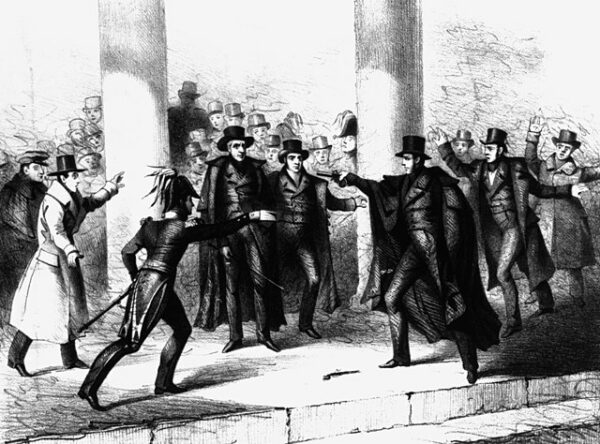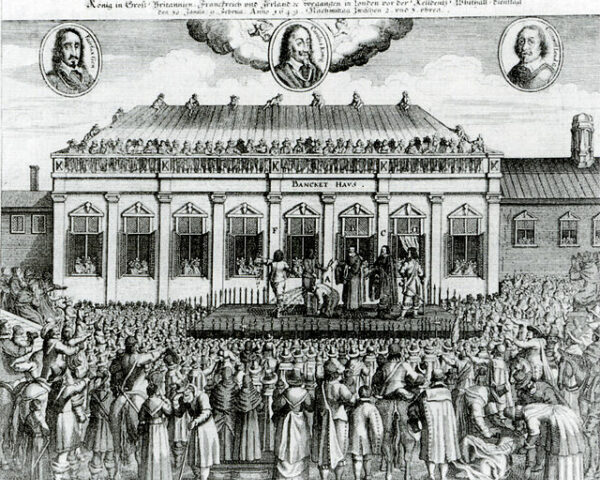On October 27, 1964, Ronald Reagan delivered a speech on behalf of the Republican presidential candidate, Barry Goldwater, that would not only capture the attention of the American public but also launch Reagan’s own political career. The speech, titled “A Time for Choosing,” came at a pivotal moment in the 1964 presidential election, with Goldwater’s campaign trailing behind President Lyndon B. Johnson. What was initially intended to be a rallying call for Goldwater’s candidacy became much more than that—it was the moment that introduced Reagan as a leading conservative voice.
At the time, Ronald Reagan was a well-known actor and public figure who had been gradually transitioning into the political arena. As someone who had been a Democrat in earlier years, Reagan’s shift to conservative politics aligned him with the rising tide of the Republican Party’s right wing. His ability to communicate complex political ideas in a clear, accessible way made him an ideal spokesman for the Goldwater campaign, and his speech that night—aired on television as a part of a fundraising effort—would encapsulate the concerns of many Americans at the height of the Cold War.
Reagan’s “A Time for Choosing” speech addressed several key issues of the time, including the role of government in people’s lives, the threat of communism, and the need to preserve individual liberties. One of his most famous lines from the speech reflected the essence of his message: “The trouble with our liberal friends is not that they’re ignorant; it’s just that they know so much that isn’t so.” With humor and sharp criticism, Reagan targeted the liberal policies of Johnson’s administration, particularly its expansive welfare programs and perceived leniency toward the Soviet Union.
Reagan emphasized a choice between two fundamentally different visions of America: one of limited government and free-market capitalism, which he argued was the path to prosperity and freedom, and the other, a growing federal government that threatened to erode personal freedoms and economic vitality. He warned against the dangers of government overreach, citing the rise in taxes, increased regulation, and the expansion of the welfare state as steps toward socialism. This theme would remain central to his political ideology throughout his career.
In his speech, Reagan also addressed the growing fear of communism and the Soviet threat, urging a stronger stance in foreign policy. He framed the election as not just a choice between two candidates, but as a battle for the soul of America, a choice between freedom and tyranny. “You and I have a rendezvous with destiny,” he declared, positioning the Goldwater campaign as a crusade to preserve American values and prevent the country from sliding into a future dominated by socialism and communism. This anti-communist rhetoric resonated deeply with many voters who were alarmed by the spread of Soviet influence and the growing nuclear arms race.
While Goldwater would go on to lose the election in a landslide, “A Time for Choosing” became the catalyst for Reagan’s political rise. The speech was widely circulated and praised by conservatives for its clarity and conviction. It showcased Reagan’s ability to connect with the American people, framing complex issues in terms of personal liberty and national security. His performance that night made him a hero to the conservative movement and opened the door for his future in politics.
Just two years later, in 1966, Reagan would run for governor of California and win, marking the beginning of a political career that would eventually lead to his two terms as president. His ability to articulate conservative values in a way that resonated with a broad swath of the electorate set him apart and helped to redefine the Republican Party. “A Time for Choosing” is remembered not only as the moment that propelled Ronald Reagan into the national spotlight but also as a foundational text for modern American conservatism.
Reagan’s speech still echoes in political discourse today, serving as a reminder of his enduring legacy as one of the most influential conservative leaders of the 20th century.






